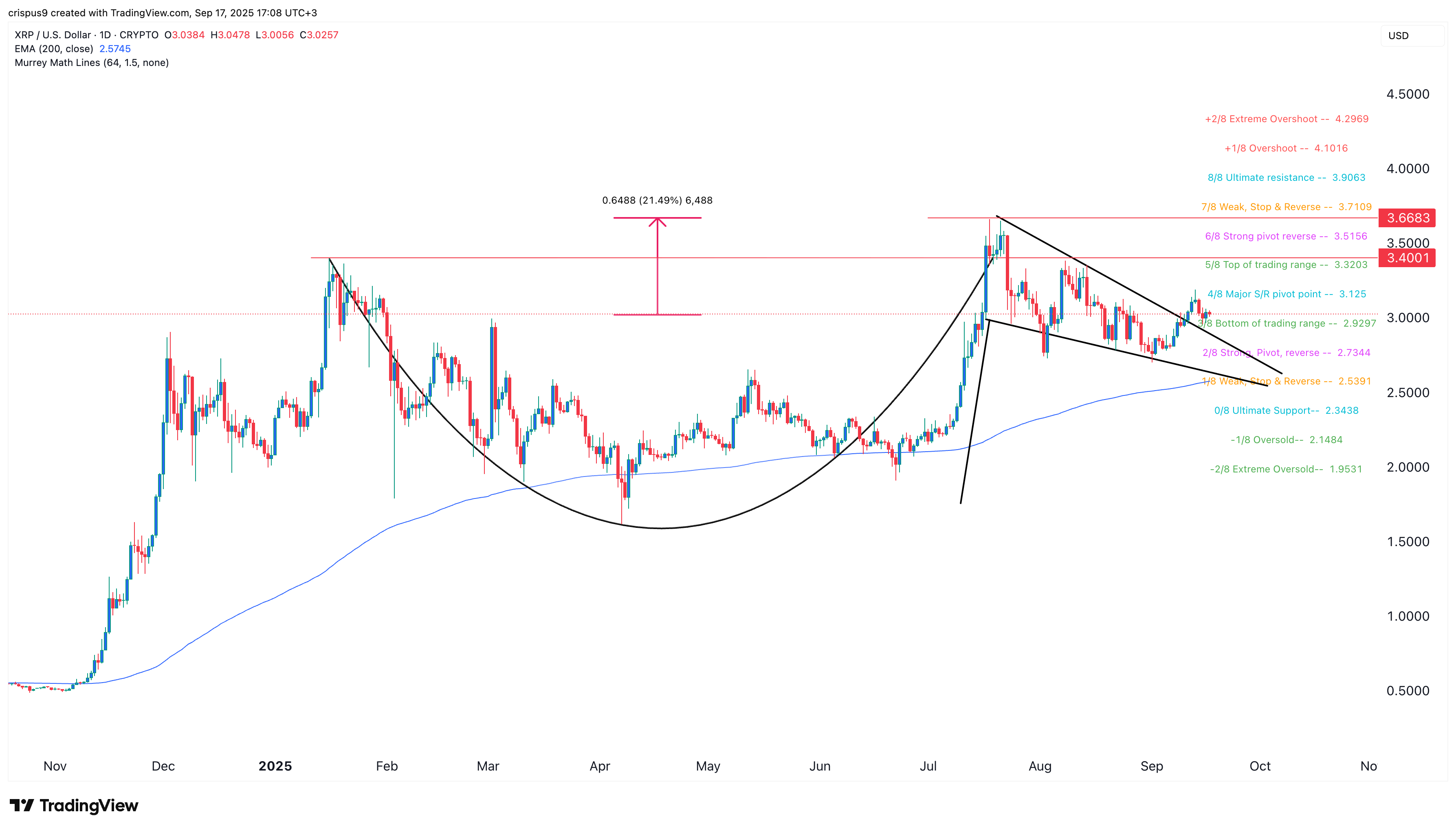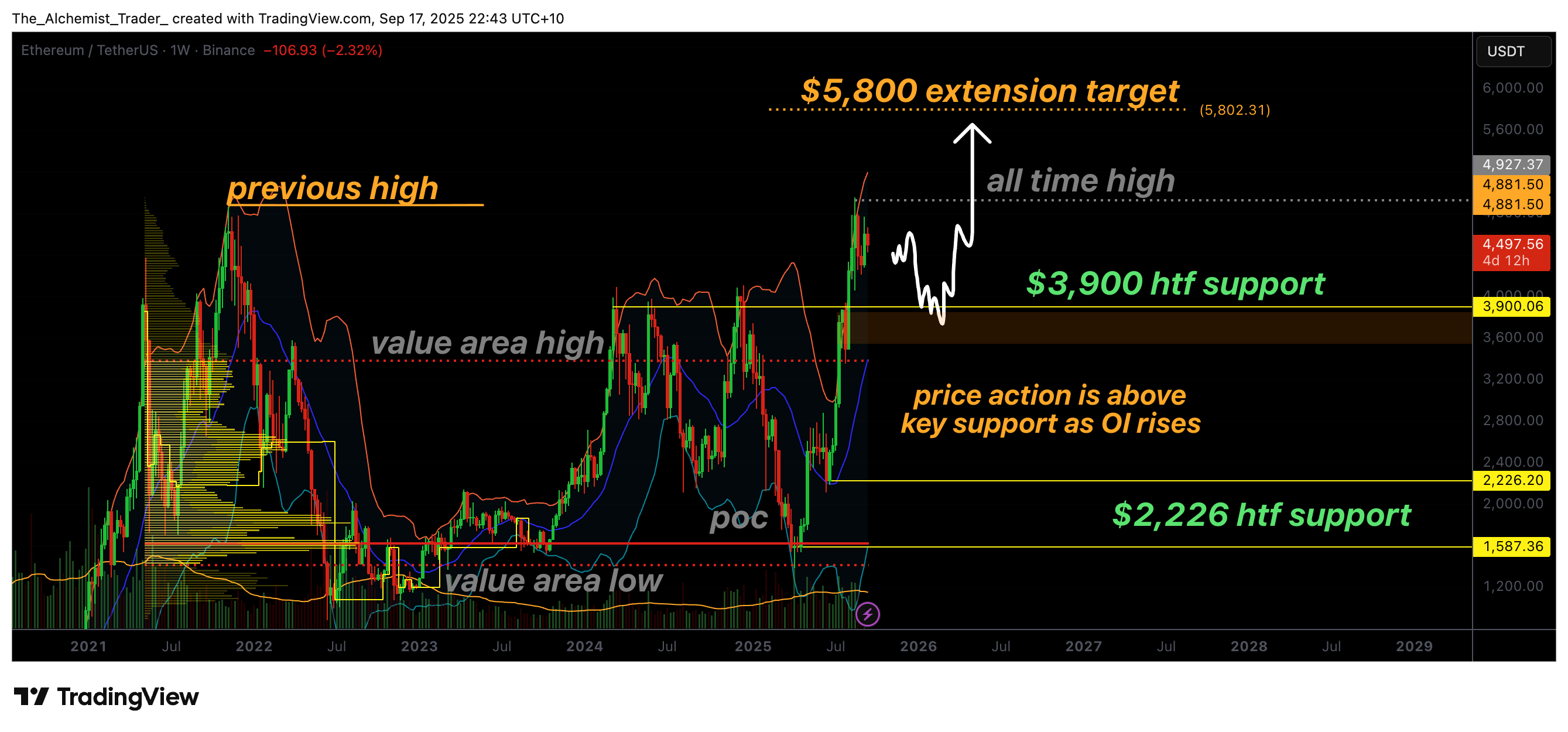Tourism becomes Thailand’s staging ground for controlled crypto integration

Can Thailand’s $60 billion tourism industry become the proving ground for crypto payments, turning digital assets from speculative tools into something travelers actually use?
Summary
- Thailand introduced TouristDigiPay on Aug. 18, 2025, allowing foreign visitors to convert crypto into baht and spend through the national QR PromptPay system.
- Tourism contributed nearly 20% of GDP pre-pandemic. Arrivals fell sharply in 2020 and remain below 2019 levels, with Chinese visitors still 34% lower than before.
- The program aims to cut card fees, speed settlement, and attract new traveler groups. Analysts estimate even limited use could drive billions in annual transactions, setting Thailand apart from regional peers.
- The initiative sits within Thailand’s broader digital asset policy, which balances permissioned trading and taxation with high adoption rates and ongoing state projects such as CBDC pilots and cross-border settlement tests.
Thailand wants crypto spending from visitors
Thailand has introduced TouristDigiPay, a system that lets foreign visitors convert crypto into baht and pay through the country’s QR code network. The program launched on Aug. 18, 2025, under the supervision of the Bank of Thailand and the Securities and Exchange Commission.
Tourists must register with approved providers and complete identity checks, but once onboard, they can pay almost anywhere in the country, from shopping malls to hotels, by scanning the same QR PromptPay codes that locals use every day.
Tourism remains central to Thailand’s economy. Before the pandemic, it accounted for close to 20% of GDP. In 2019, the country welcomed nearly 40 million visitors who spent about $62 billion, according to UN data.
Border closures in 2020 cut arrivals to 6.7 million and revenues to under $12 billion. Recovery has been steady but incomplete. In 2023, the number of visitors reached 28 million and spending totaled $47 billion, still below the record years.
A sharp fall in Chinese travelers has been the biggest gap. More than 10 million visited in 2019, yet outbound travel from China has not recovered.
Data from early 2025 shows arrivals still 34% lower than pre-pandemic levels. Officials see that shortfall as a reason to diversify and attract other visitor groups.
TouristDigiPay aims to do exactly that. Digital nomads, remote workers, and crypto users represent a growing segment of travelers who typically spend more per trip and prefer digital payment options.
Surveys estimate that around 15% of adults worldwide hold crypto assets, with ownership rates even higher across parts of Asia. Allowing them to use crypto directly in Thailand makes the country a more appealing destination.
The initiative also builds on an existing advantage. QR payments are already part of daily life in Thailand, with more than 70% of consumers using them regularly, according to the Bank for International Settlements.
Merchants receive baht in their accounts without any change to their routine, while visitors avoid high card fees, cash exchanges, and waiting times.
Inside the Tourist Wallet
TouristDigiPay is designed to feel simple for visitors, even though a structured process runs underneath.
The Bank of Thailand has set up a dedicated Tourist Wallet that acts as the entry point. A traveler begins by registering with a licensed digital asset provider and completing identity checks, a process similar to opening an online bank account.
Linking the wallet to an approved e-money provider ensures that the system complies with financial security and anti-money laundering rules.
Once registration is complete, the visitor can transfer crypto into the Tourist Wallet. At that stage, the system automatically converts the assets into Thai baht.
Merchants never interact with crypto directly. When the tourist makes a purchase, they scan the same QR PromptPay code that locals use, and the merchant instantly receives baht in their account.
From the seller’s perspective, the transaction looks no different from a payment made by a Thai customer.
Limits are built into the program to keep spending within controlled ranges. Larger businesses such as hotels and retail outlets can process up to 500,000 baht in payments per tourist each month, while smaller vendors and local shops are capped at 50,000 baht.
Cash withdrawals are not permitted, which means the system cannot be used as a channel to convert crypto into physical currency. Certain high-risk businesses are excluded altogether.
Authorities are treating the initiative as a regulatory sandbox. Oversight comes from multiple agencies, including the Bank of Thailand, the SEC, the Anti-Money Laundering Office, and the Ministry of Tourism.
The goal is to test the system’s reliability, measure its impact on both visitors and merchants, and ensure that it meets financial and security standards before any wider rollout.
Cutting fees and speeding settlement
The launch of TouristDigiPay comes at a time when Thailand is working to capture more value from every visitor. Government forecasts for 2025 project around 35 million arrivals and close to $60 billion in tourism revenue.
Even if those goals are reached, officials know that transaction costs often erode margins. Credit card networks typically charge merchants 2–3% per transaction, and settlement can take several days.
A hotel handling $1 million in international bookings could lose $20,000 to $30,000 in fees paid to intermediaries. TouristDigiPay removes much of that burden by converting crypto into baht on the backend and settling instantly through the domestic QR system.
Small vendors who depend on quick cash flow stand to benefit even more, since receiving money the same day rather than waiting a week can determine whether inventory expands or stalls.
Thailand’s financial sector also has a stake in the program. Licensed exchanges and e-money providers such as TrueMoney and SCB Easy process the flows and serve as proof points to regulators abroad that the system works.
Analysts estimate that if only 5% of the projected 2025 tourism revenue were channeled through TouristDigiPay, transaction volumes would surpass $3 billion.
That figure exceeds the entire annual trading volume of some regional crypto exchanges, highlighting the scale of the opportunity for Thai fintech firms.
The regional dimension adds further weight. Tourism contributes between 10% and 15% of GDP in neighboring countries such as Vietnam and Cambodia, yet none have linked crypto directly to their visitor economies.
Singapore has focused on institutional custody and Indonesia on taxation, but both remain far from consumer payments.
Thailand’s approach is different. A visitor can now use it for a beach resort in Krabi, a meal in Phuket, or shopping in Bangkok, while merchants remain shielded from volatility.
How the pilot fits Thailand’s crypto rules
TouristDigiPay is only one piece of Thailand’s wider digital asset picture. The country has been careful in how it approaches crypto: trading and holding are permitted, but everyday payments remain restricted.
That policy has been in place since 2022, when the SEC and the Bank of Thailand jointly decided that consumer purchases should stay settled in baht.
Within those rules, market infrastructure has expanded steadily. Local exchanges operate under licenses, with Bitkub emerging as the leading homegrown player and preparing for a stock exchange listing.
Global firms have also entered the market. Binance TH, created in partnership with Gulf, launched publicly in 2024 and offers direct baht deposits and withdrawals.
Tax policy has been adjusted to encourage onshore activity. In 2024, value-added tax on crypto transfers through licensed platforms was removed, cutting costs for domestic users.
A year later, the cabinet approved a five-year exemption on personal income tax for gains made through licensed exchanges, covering 2025 to 2029. These steps are meant to reduce reliance on offshore platforms and bring more trading under domestic oversight.
Adoption on the ground is already relatively high. Chainalysis ranked Thailand sixteenth in the 2024 Global Crypto Adoption Index, placing it among the leading countries worldwide.
Independent estimates suggest that more than 20% of adults in Thailand hold Bitcoin or other digital assets, well above the global average of around 15%.
Public-sector projects add another layer. The central bank has completed a pilot for a retail central bank digital currency and is advancing cross-border settlement experiments with regional partners in ASEAN.
Project Nexus, which aims to connect instant payment systems across multiple countries, is scheduled to go live in 2026.
Meanwhile, the Ministry of Finance has announced plans to issue 5 billion baht in digital investment tokens, effectively creating tokenized public debt instruments.
Whether TouristDigiPay becomes a small side program or the first step toward broader fintech adoption will depend on how well Thailand builds trust, education, and practical blockchain use into everyday life.
Officials are approaching it as a test rather than a permanent change, but the decision to link it directly to tourism gives it visibility far beyond a technical pilot.
If the program works smoothly, it could strengthen confidence in Thailand’s digital infrastructure, show regulators abroad that crypto can operate safely within existing payment rails, and encourage other countries in the region to experiment.
The challenge will be to sustain momentum once the novelty wears off. Tourists may welcome the convenience of spending crypto on a trip. Yet, long-term value will come from how the model integrates into wider financial services, retail activity, and even public-sector innovation.




